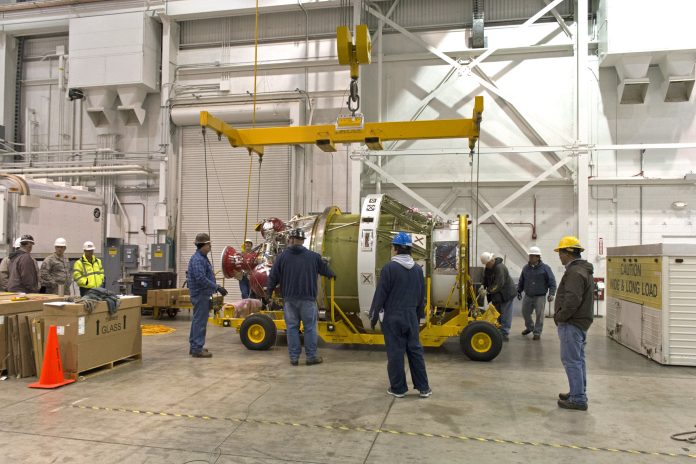From industrial manufacturing to safety inspection firms, load measuring systems are essential in several industries. These systems help to measure the weight, force, and tension during lifting. These measuring systems help the industries not only to measure the weights of the materials and products but also inspect the safety. Therefore, on one hand, you can gather information about the raw materials from the load measuring systems; on the other hand, you can prevent overloads.
Industries:
The load measuring systems are used in several industries and applications such as industrial manufacturing, oil, and gas industry, wind turbine operation and installation companies, offshore operations, shipping companies, crane supply companies, utilities, safety inspection firms, etc.
Applications:
Although the main application of the load measuring systems is to measure the horizontal force and tension, other applications of these systems are-
Prevention of Overloads:
Any human error can cause overloads. Therefore, in order to protect important infrastructure and people, load measuring systems help to detect overloads.
Foundries:
The measuring systems help to control the composition of the metals by using small additives and determining the amount of the molten material in a crucible or ladle.
Periodical Crane Safety Testing:
In order to inspect the load-bearing structures, hoists, and cranes, these measuring systems are effective.
Shipment Weighing:
The load measuring systems are required to measure the weights of the incoming raw materials and finished products.
Bollard Pulls:
For the measurement of the drag force in tractors, tugboats, and similar equipment, the measuring systems are useful.
Weighing During Manufacturing:
During the manufacturing process, a crane weigher help to measure the weight of the lifted products.
Controlled Cable Monitoring and Tensioning:
You also require the load measuring systems to monitor the tension and ensure correct guy wire installation in any cable.
Characteristics of Load Measuring Systems:
An effective load measuring system should have several characteristics such as-
Safety:
The measuring system should be very accurate and able to detect the overloads early. This system should provide high reliability and quality. The manufacturer of this measuring should include reliable transmission technology in these systems. In the manufacturing process of the bodies of the measuring systems, manufacturers should use high-grade steel. These are essential characteristics of a load measuring system in order to provide effective safety.
Environmental:
The measuring systems should be weatherproof so that the systems can remain effective in several seasons.
Shock Absorbing Mechanisms:
In order to handle heavy loads, the systems should have shock-absorbing mechanisms.
Bluetooth and Smartphone Compatibility:
The systems should also be handled with smartphones and be compatible with Bluetooth. Bluetooth compatibility eliminates the necessity of WiFi.
Real-Time Load Map:
A real-time load map is essential to understand the loads at different points. Through the load map, you can have an idea about load distribution and prevent the occurrence of overloads.
Unlimited Data Logging:
The measuring systems should also provide you the opportunity to access a downloadable data log of several continuous measurements in a month.
There are also several facilities that a load measuring system should provide to measure the forces accurately and easily. Above all, you should check the qualities of a load measuring system before using it.





